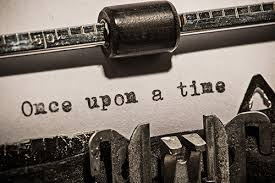That Competitive Edge

I've been reading a few thrillers recently, branching out into authors I'm unfamiliar with. I thought this might be good for my writing - to get to know what other writers are doing. I noticed a pattern, as is my wont. Good reads are not always just about drama, conflict and characterization. More and more there seems to be a need for an over-arcing theme that is independent of the story. Often this will take the form of an historical event or a branch of science or an intimate affinity to a subject unfamiliar to the reader. I remember that Stephen King once said that he'd noticed that novels written by people with specialized knowledge had less trouble getting published than himself sometimes. (Who knew?) Tradesmen who knew how to fix fences or pan for gold - and who weaved their specialization into their fiction - could sometimes create stories that were more compelling than mere dramas. I suppose that's why certain authors have used their former profe...